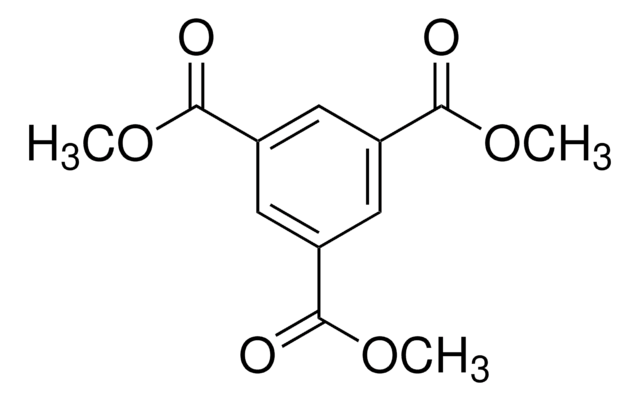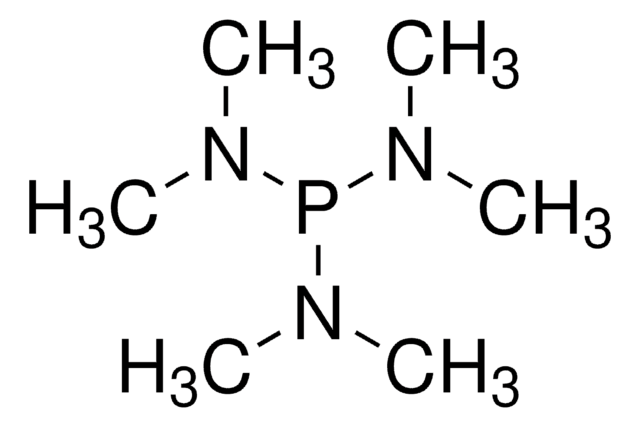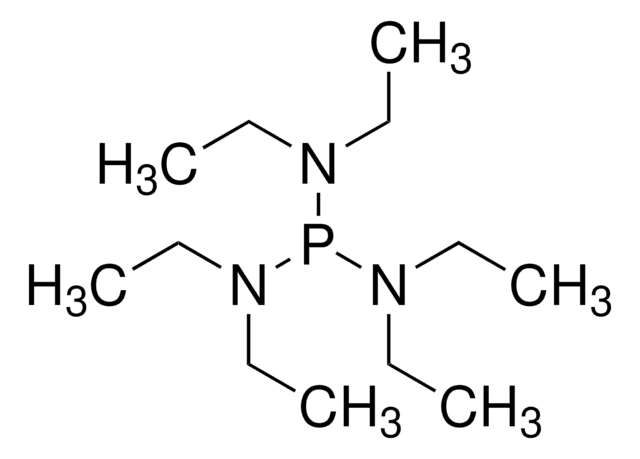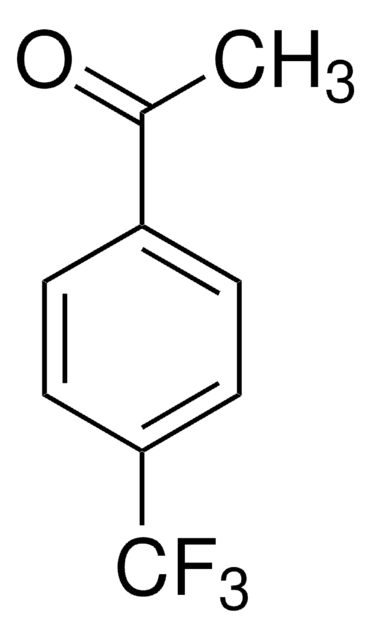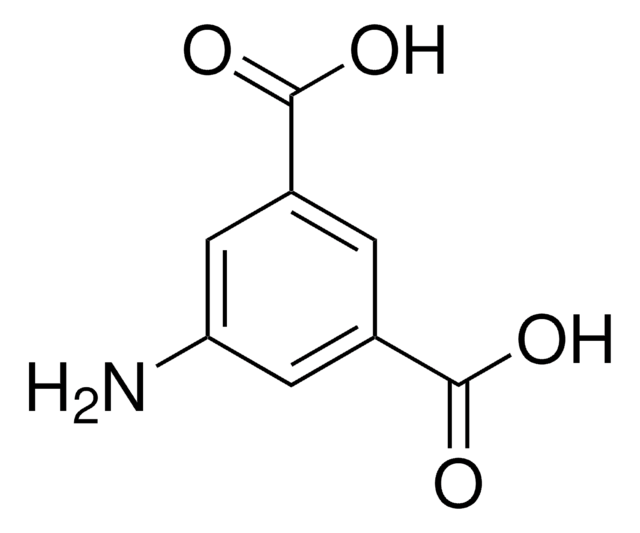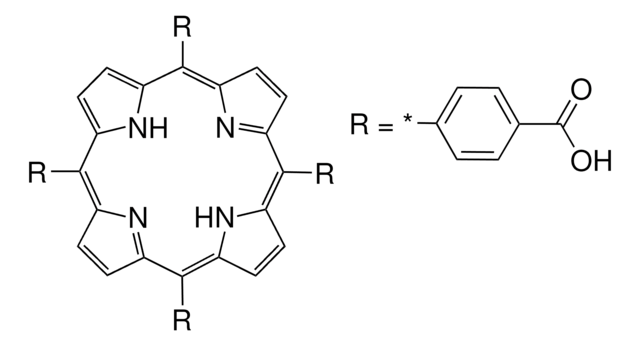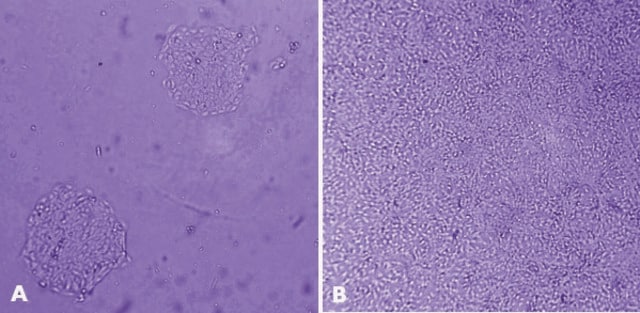Alle Fotos(1)
Wichtige Dokumente
447854
Diethyl-5-(hydroxymethyl)isophthalat
98%
Anmeldenzur Ansicht organisationsspezifischer und vertraglich vereinbarter Preise
Alle Fotos(1)
About This Item
Lineare Formel:
HOCH2C6H3-1,3-(CO2C2H5)2
CAS-Nummer:
Molekulargewicht:
252.26
MDL-Nummer:
UNSPSC-Code:
12352100
PubChem Substanz-ID:
NACRES:
NA.22
Empfohlene Produkte
Assay
98%
Form
solid
mp (Schmelzpunkt)
82-85 °C (lit.)
Funktionelle Gruppe
ester
hydroxyl
SMILES String
CCOC(=O)c1cc(CO)cc(c1)C(=O)OCC
InChI
1S/C13H16O5/c1-3-17-12(15)10-5-9(8-14)6-11(7-10)13(16)18-4-2/h5-7,14H,3-4,8H2,1-2H3
InChIKey
AMRPMZYDTZVKTP-UHFFFAOYSA-N
Verwandte Kategorien
Signalwort
Warning
H-Sätze
Gefahreneinstufungen
Eye Irrit. 2 - Skin Irrit. 2 - STOT SE 3
Zielorgane
Respiratory system
Lagerklassenschlüssel
11 - Combustible Solids
WGK
WGK 3
Flammpunkt (°F)
Not applicable
Flammpunkt (°C)
Not applicable
Persönliche Schutzausrüstung
dust mask type N95 (US), Eyeshields, Gloves
Hier finden Sie alle aktuellen Versionen:
Besitzen Sie dieses Produkt bereits?
In der Dokumentenbibliothek finden Sie die Dokumentation zu den Produkten, die Sie kürzlich erworben haben.
Stefan Raddatz et al.
Nucleic acids research, 30(21), 4793-4802 (2002-11-01)
We report the synthesis of new phosphoramidite building blocks and their use for the modification of oligonucleotides with hydrazides. The reaction of these hydrazide oligonucleotides with active esters and aldehydes is demonstrated for solution conjugation and immobilization. Compared with the
Surface adsorption of polar end-functionalised polystyrenes.
Narrainen AP, et al.
Soft Matter, 2(11), 981-985 (2006)
Hydrophobic derivatives of 5-(hydroxymethyl) isophthalic acid that selectively induce apoptosis in leukemia cells but not in fibroblasts.
Galkin A, et al.
Drug Development Research, 69(4), 185-195 (2008)
Gustav Boije af Gennäs et al.
Journal of medicinal chemistry, 52(13), 3969-3981 (2009-05-15)
Protein kinase C (PKC) is a widely studied molecular target for the treatment of cancer and other diseases. We have approached the issue of modifying PKC function by targeting the C1 domain in the regulatory region of the enzyme. Using
Unser Team von Wissenschaftlern verfügt über Erfahrung in allen Forschungsbereichen einschließlich Life Science, Materialwissenschaften, chemischer Synthese, Chromatographie, Analytik und vielen mehr..
Setzen Sie sich mit dem technischen Dienst in Verbindung.